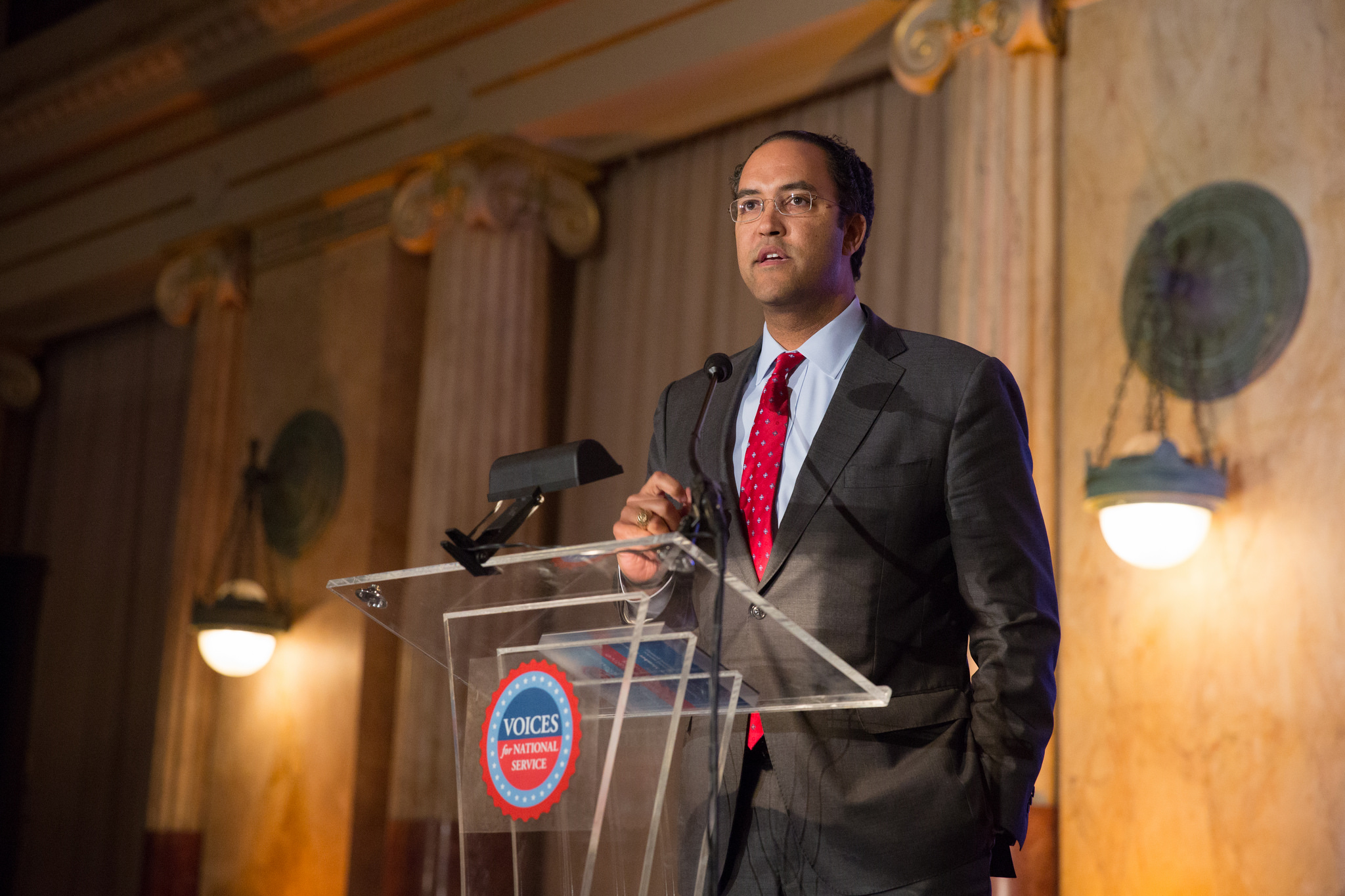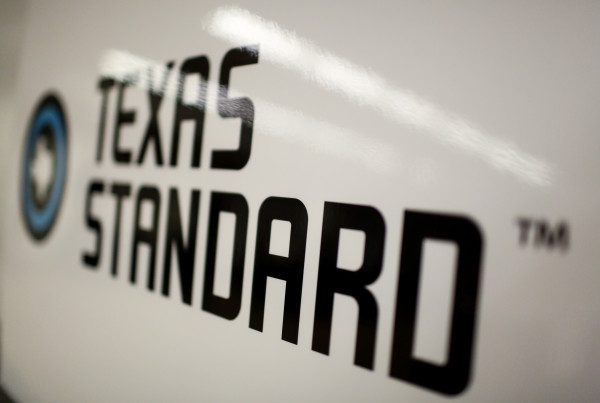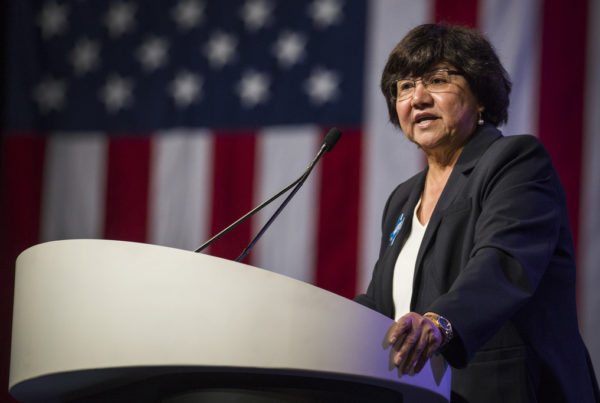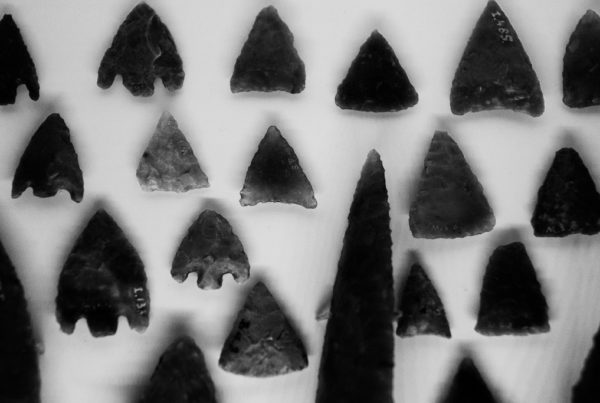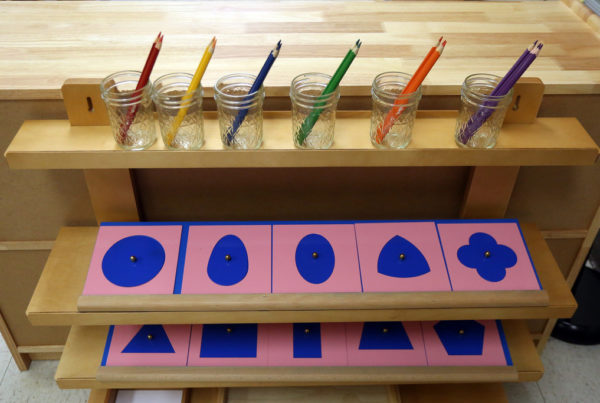Will Hurd, the Republican congressman who represents Texas’ 23rd district, wrote in a New York Times op-ed Friday that, “In the course of my career as undercover officer in the CIA, I saw Russian Intelligence manipulate many people. I never thought I’d see the day when an American president would be one of them.”
President Donald Trump has recently seemed untethered from his national intelligence team. Last week, Trump met with Russian leader, Vladimir Putin privately during a summit in Helsinki, Finland. Then, on Thursday, Dan Coats, the director of national intelligence in, was speaking at the Aspen Institute when he found out, onstage, that Trump had invited Putin to Washington this fall.
Hurd is one of only a handful of Republicans pushing back against the president’s posture, vis-à-vis Putin. Hurd has called on his colleagues in Congress to provide checks and balances on the White House and, in so doing, he intimates, protect the U.S. from Russian meddling in elections, and other matters.
Hurd is in the midst of a battle to save his seat in Congress. He represents a large swath of south Texas and the border – a region that is far from reliably red.
“This has been a long-running problem for Will Hurd,” says Brandon Rottinghaus, a political science professor at the University of Houston.
“During the campaign in 2016, there was a lot of back-and-forth about whether or not [Hurd] was going to back President Trump, who had said some things about people from Mexico and had talked about the border, which a lot of people along the border were not comfortable with. So, this is a long dance that he’s had with President Trump, and its seems like we’re at the point now where he’s willing to simply say what he thinks, and to be honest. This is what members of Congress should do, and the way that he’s really made his bones as a member.”
As for whether other Texas Republicans will follow suit, Rottinghaus says, “It depends on what kind of Republican you are. I mean, some Republicans are in such red districts that the likelihood of them losing by not backing Donald Trump is pretty low. So, they’re going to be safe. But members like Will Hurd, who are really in swing districts, have to be able to walk that line much more finely. Will Hurd’s district is one of the last swing districts in the country, and certainly the only one in Texas, and so the need to be able for him to walk this line is critical. And if he and other Republicans are getting buffaloed by the president, then they’re going to start to object.”
The same is true for Texas’ senators, one of whom is in Senate leadership, while the other faces a reelection fight.
“I think we also see this a little bit from Ted Cruz as well as from John Cornyn, who have won leadership roles… – and Ted Cruz, who’s locked in a pretty tough battle with Beto O’Rourke – so depending on the kind of Republican you are and where your challenger’s coming from, it may be more or less difficult to be able to distance yourself from the president.”
While Rottinghaus doesn’t think the Helsinki affair will ultimately have a huge impact on Texas elections in November, he does think there could be a small impact.
“Many of these districts are districts where a 2-3 point difference is going to make a big difference,” he says. “So you’ve got a bunch of House seats, Texas house seats that are potentially in play. You’ve got a handful of congressional seats that are also in play. If the challenger to the incumbent Republican is able to gain a couple of percentage points, then it could be the difference.”
Potential voters from a number of demographics are at play here.
“If you’ve got an open seat, as several are, and you’ve got Democrats who are raising good money, the kind of frustration with President Trump, and the way that he’s approached some of these policies I think may wear on people enough that you get a spur in Independent voters, you get a spur in women who are crossing over potentially to vote for Democrats when typically they’re going to vote for Republicans, college educated voters are also on this map where they may support a Democrat instead of the Republican party, which traditionally they had, so those shifts are gradual, but every little percentage point might matter.”
Written by Rachel Taube.


